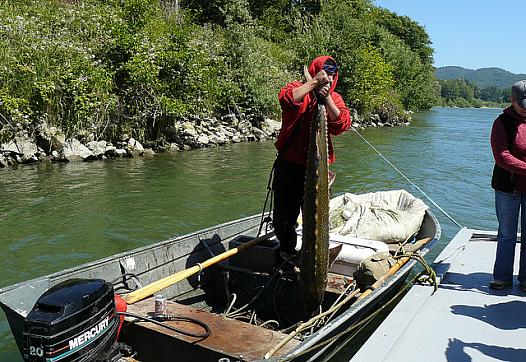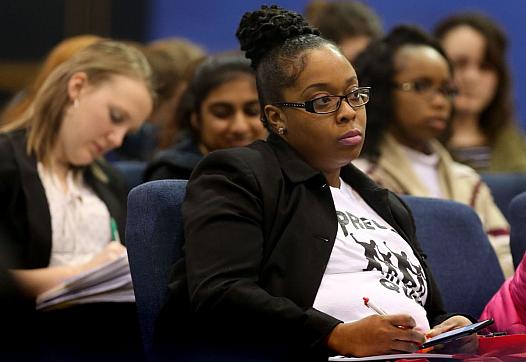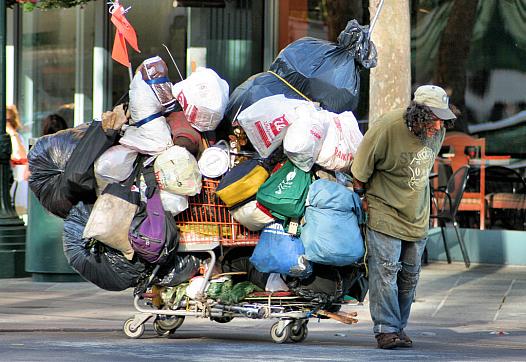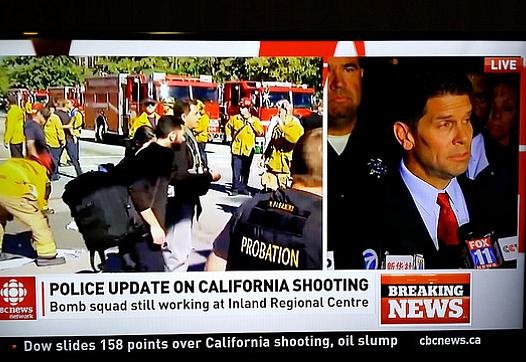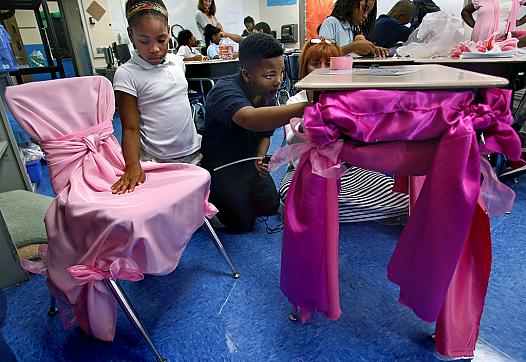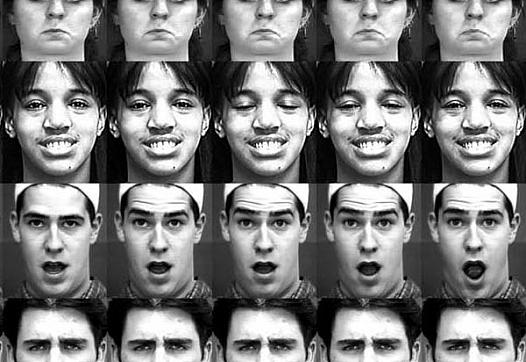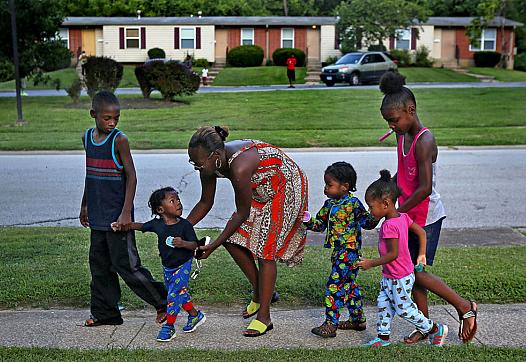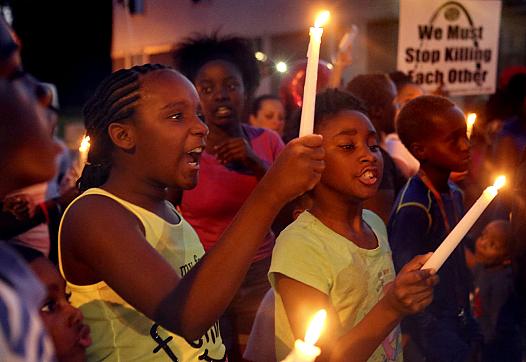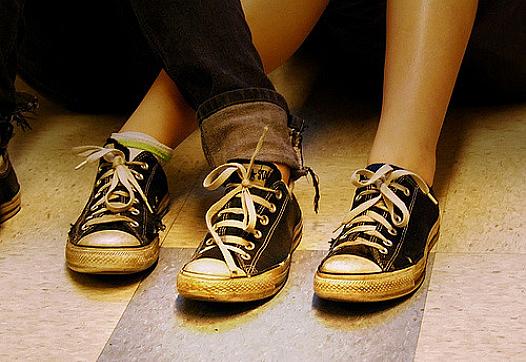
In California, kids and young adults in need of mental health care are getting lost in the system. Advocates say many families are stuck on waiting lists, while other youths end up in the juvenile justice system after their families run out of options that don’t involve law enforcement.

